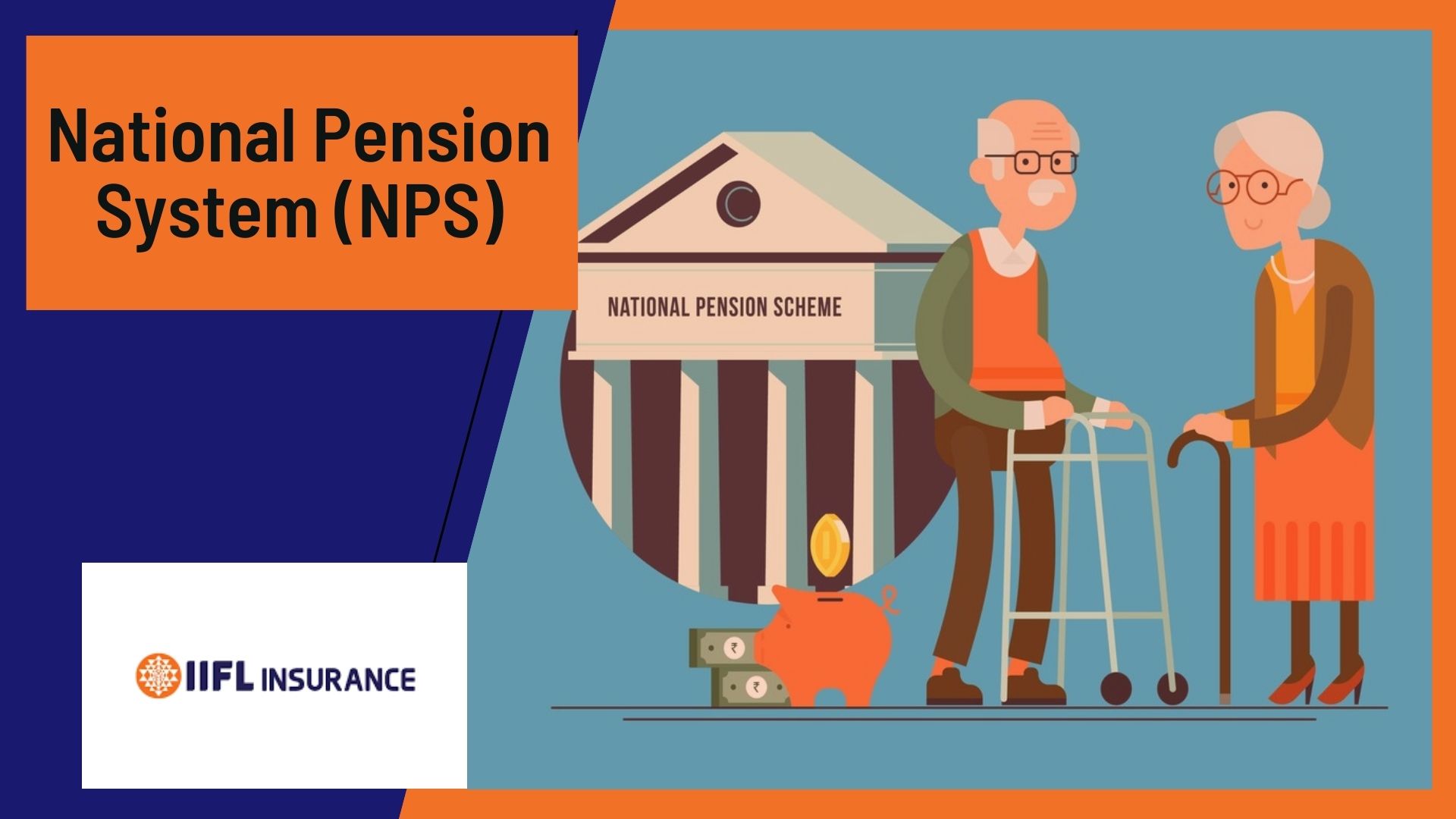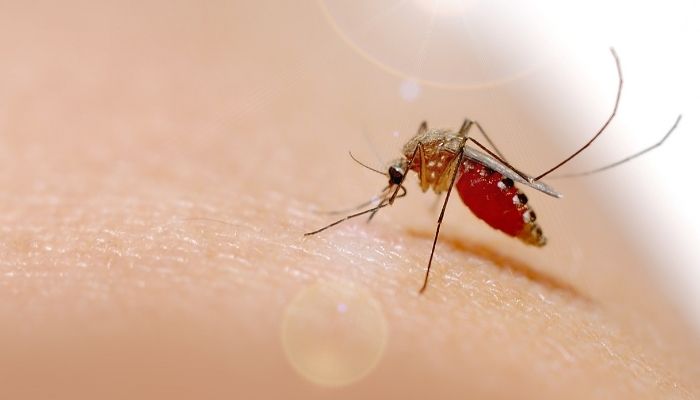Are You Pregnant? Know the Pregnancy Symptoms
Seema (29-years-old) holds a respectable position in an MNC. Seema has been married for the last 3 years. Seema was experiencing some symptoms like heartburn, mood swings, cramping, morning sickness, etc. for some days. After a few days, Seema discussed with her colleague who is also a mother of a kid. Her colleague suggested that these could be beginning pregnancy symptoms; she should do a pregnancy test and consult with a gynaecologist. While consulting a gynaecologist, Seema got the most beautiful news of her life that she was expecting.
Though pregnancy is the most exhilarating news of a woman’s life, at the same time, she needs to be extra careful regarding her health. During pregnancy, several hormonal changes take place that can lead to various symptoms. Some may experience a plethora of symptoms, while others experience only a few.
Beginning Signs of Pregnancy
- Mild cramping
- Missed period
- Nausea
- Bloating
- Faster heartbeat
- Breast and nipple changes
When Do Pregnancy Symptoms Start to Show?
You may experience early pregnancy symptoms after a few days of conception, even before you miss your period. Other pregnancy signs may appear after one week when the sperm fertilizes eggs.
Early pregnancy signs may appear at different times in different people. You may or may not experience these early signs for a few weeks. For some women, these signs may continue till several weeks during their pregnancy.
Pregnancy Signs and Symptoms
Cramping and Early Spotting
After conception, the blastocyst (a group of cells filled up with fluid) will embed in the endometrium (the lining of the uterus). This may lead to implantation bleeding that is often confused with a light period. Not every woman experiences this symptom. It usually occurs during the time when you are expecting your menstrual cycle. This implantation bleeding at the beginning of pregnancy is lighter than your usual period. Pain is also milder during this discharge beginning of your pregnancy. This implantation bleeding usually lasts up to 3 days and you don’t need any specific treatment for this. If you are having implantation bleeding, never use a tampon as this can enhance the risk of infection.
Missed Period during Pregnancy
After the completion of implantation, your body will make human chorionic gonadotropin (hCG). This hormone instructs your ovaries to stop releasing mature eggs each month. As a result, you will miss the period for 4 weeks after conception.
You will likely miss your next period 4 weeks after conception. You can go for a pregnancy test for confirmation if you have an irregular period. Most home pregnancy tests can detect hCG as soon as 8 days once you missed your period. A pregnancy test usually detects hCG levels in your urine and indicates whether you are pregnant or not.
Increased Body Temperature
You may experience a higher body temperature during your early pregnancy days. Your body’s temperature will enhance more significantly with exercise or in hot weather. Drink plenty of water and do your exercise carefully.
Fatigue
You may experience excessive tiredness/fatigue in your early pregnancy. This is due to the enormous increase of the sex hormone progesterone. Though progesterone helps your baby to grow, it reduces the speed of your metabolism. So, take some rest or sleep more during the initial phase. You may again feel energetic around the fourth month of pregnancy when the placenta is well recognized.
The prime reason for this tiredness is anaemia caused by iron deficiency. Always try to incorporate iron-rich food items into your pregnancy diet plan to prevent iron deficiency. Sometimes, your doctor may prescribe iron supplements during your pregnancy.
Changes to Breast: Tingling, Aching, and Tenderness
Breast changes are another common symptom in pregnancy that may occur between 4 to 6 weeks. Due to hormonal changes, you may experience swollen or tender breasts. Once your body will get accustomed to the hormones, this will go away automatically.
Nipple and breast changes can occur till the 11th week. Your breasts look bigger because of hormonal changes. The areola may look darker and larger. Before pregnancy, if you had bouts with acne, you may again experience breakouts.
Always wear a supportive and comfortable maternity bra to get relief from tenderness. A cotton and underwire-free bra could be your ideal choice during this time. Try to buy breast pads to minimize friction on your nipples and nipple pain.
Mood Swings in Early Pregnancy
During pregnancy, your estrogen and progesterone levels are high. These hormones can influence your mood and may make you more emotional. Mood changes are very common in pregnancy and you may feel depressed, worried, secluded, and irritated.
Morning Sickness, Nausea, and Vomiting
Around 4-6 weeks of your pregnancy, you may develop nausea and morning sickness and it peaks around week 9. You can feel sick any time during your pregnancy and this is due to hormonal changes.
Some women may experience mild to severe sickness in the first trimester of pregnancy. But once you enter the second trimester, this may become less severe.
Drink plenty of water to stay hydrated during this time. To settle your morning sickness, eat a few saltine crackers. If you are unable to consume food or liquids, talk to your doctor.
Smell Sensitivity
Most women experience smell sensitivity during the first trimester. Smell sensitivity may cause nausea and vomiting. Due to strong distaste, you may not eat certain food items.
Constipation
This is another common symptom in pregnancy. This is caused because your pregnancy hormones minimize gastrointestinal movement, or you may feel the pressure of your growing uterus on your rectum. To avoid constipation,
- Drink plenty of water every day
- Eat more fibrous food items such as bran, wheat, and fresh fruit and vegetables
- Always practice low-impact exercises like swimming, walking, or yoga
Heartburn and Indigestion
You may experience heartburn in your pregnancy because of the pressure of the enlarging uterus on the lower abdomen organs. Progesterone also relaxes the muscle between the oesophagus and stomach.
- Eat small and frequent meals
- Don’t sleep just after eating
- Always sleep with extra pillows so that your head is raised
- Don’t wear tight-fitting clothes
- Don’t consume fatty food items, spicy food, alcohol, and caffeine products that can intensify your symptoms
- Before taking antacids, talk to the doctor
Other Beginning Pregnancy Signs/Symptoms
Some other symptoms that you may experience are:
- Itchy skin
- Leg cramps
- Weight gain
- Vaginal discharge
- Frequent urination
Conclusion
Irrespective of whatever early symptoms you are having, consult a doctor to get confirmed whether you are pregnant or not. Once you are confirmed with the news, you can start prenatal care management to safeguard your body and baby.






























13 thoughts on “Are You Pregnant? Know the Pregnancy Symptoms”
Comments are closed.